Author : Emma J Triplett
In a review of the scientific literature by D Corydon Hammond (2010) on the use of self-hypnosis treatment of anxiety and stress-related disorders, it states that ‘self-hypnosis represents a rapid, cost-effective, nonaddictive and safe alternative to medication for the treatment of anxiety-related conditions’ and goes on to say ‘the tremendous volume of research provides compelling evidence that hypnosis is an efficacious treatment for anxiety-related disorders’.
However, Richard A Bryant in his article “Hypnosis and anxiety: early interventions” (2012), also points out that hypnosis in itself is not a therapy but a ‘tool that can be used as an adjunct to established therapy techniques that have proven efficacy in reducing anxiety’
So, whilst hypnosis can reduce anxiety, the ‘therapy’ element of hypnotherapy is an essential part of the overall treatment for anxiety.
How does Hypnotherapy help?
As you can deduce from the above, hypnotherapy helps on two levels, the hypnosis itself has a calming effect on the nervous system. When anxiety levels rise, the body’s flight/fight response mechanism activates the sympathetic branch of the autonomic nervous system, meaning our whole body goes into hyperalert state, ready to flee from danger (or fight the threat). Physiological changes such as increased heart rate, increased breathing and a rush of adrenalin (which you can often feel in your gut) sending extra oxygen in the way of red blood cells to the major muscles in our body, such as legs, back, head, neck and shoulders causing these muscles to tense are often apparent. In normal circumstances, when the danger has past, the sympathetic branch relaxes as the parasympathetic branch of the autonomic nervous system activates calming everything down, allowing parts of your body such as the digestive system and sexual organs, which are temporarily inhibited, to reactivate and restore balance.
However, when you have anxiety, the perceived threat is internal, coming from your own thoughts imagining negative outcomes and scenarios (the worrying and what if-ing), and because these negative thoughts don’t switch off your body gets stuck in a constant state of flight or fight preventing the essential parasympathetic branch from rebalance the system.
This is where hypnosis comes in; guided imagery along with the relaxing state of trance helps the mind to relax, have some rest bite from the scary, upsetting and emotional thoughts and calm down.
In addition, hypnosis induces a relaxed state similar to REM sleep (Rapid Eye Movement). This is the phase of sleep where your brain gets to process the emotional arousal of the day. Both hypnosis and REM operate at the ‘theta’ frequency in your brain, so half an hour of hypnosis not only has a calming effect, but it provides valuable time for your brain to rationalise things, leaving you feeling calmer and refreshed.
However, as Richard A Bryant (2012) stresses, the ‘therapy’ element is essential. The therapy part of ‘hypnotherapy’ allows you to work out how to change your negative thoughts. A good hypnotherapist will be able to listen to how you express yourself and then provide a hypnosis script that prompts different perspectives in your subconscious. When you’re stuck in anxiety, not only your thought patterns get stuck, but also your behaviours (hence OCD) and you get trapped in very rigid mindsets and beliefs.
Your subconscious is immensely powerful and will work out how to see things differently and come up with solutions based on a proper assessment of the situation, the combination of therapy, the hypnotherapist and the hypnosis help facilitate this process so you can often achieve rapid changes.
In summary, hypnosis is a safe non-addictive treatment for anxiety and provides relief, but the ‘therapy’ element of hypnotherapy is essential in order to provide lasting change.
If you would like to listen to self-hypnosis tracks, you can download one here, if you would like to understand more about how hypnotherapy can help you specifically, come along for a free initial consultation in Swindon, Exeter or Plymouth, you can contact us here to arrange a suitable date and time.


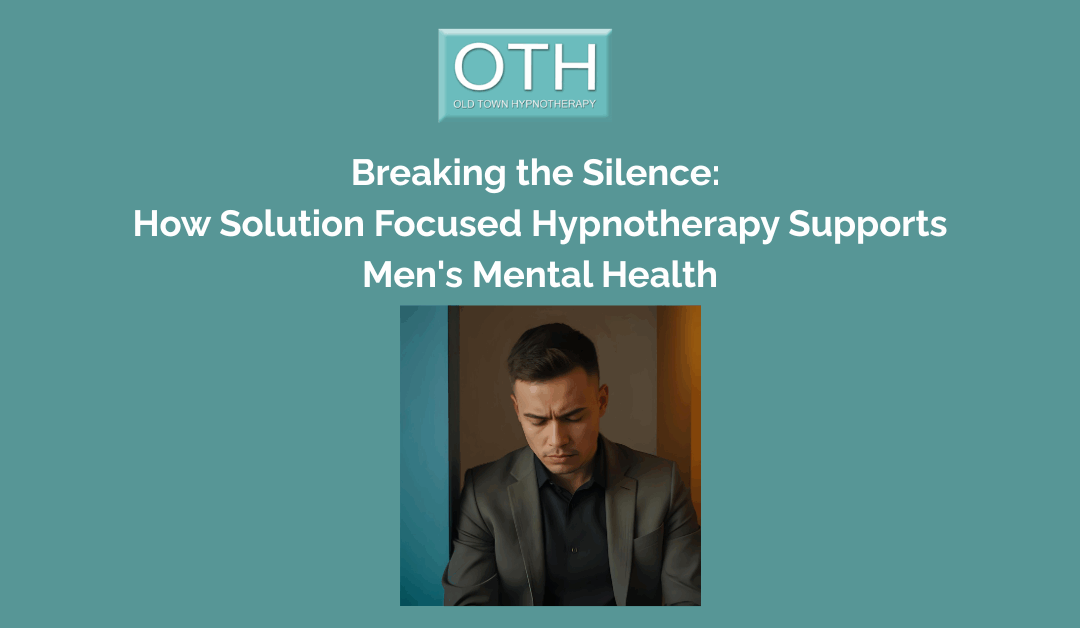
Breaking the Silence: How Solution Focused Hypnotherapy for Men Supports Men’s Mental Health
Discover how Solution Focused Hypnotherapy for Men effectively enhances men’s mental health by offering practical, stigma-free, and goal-oriented therapy that produces genuine results.
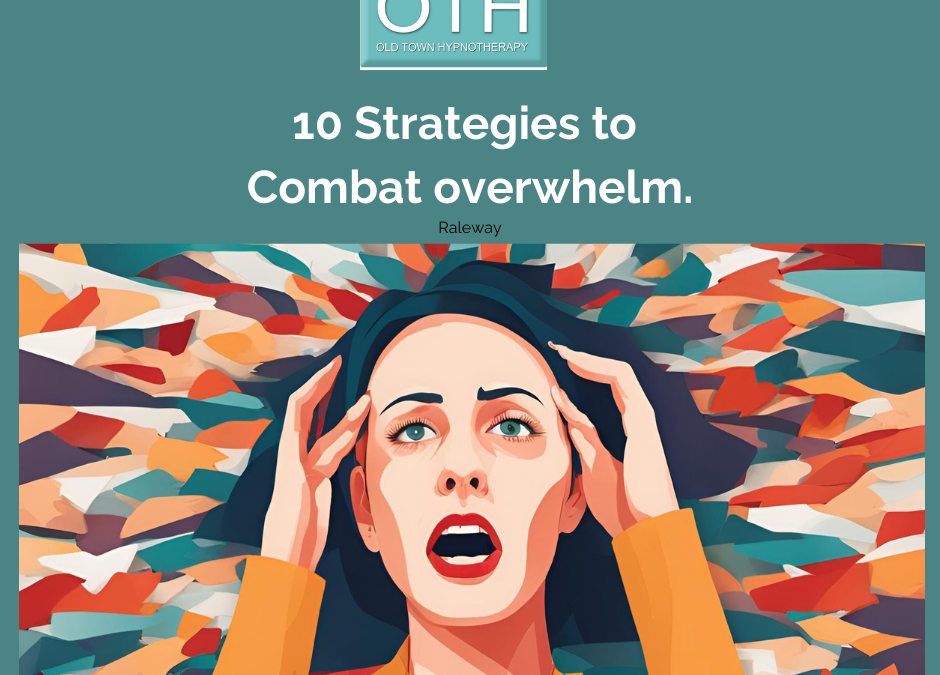
10 Strategies to Combat Overwhelm
10 Strategies to combat feelings of overwhelm As we enter the final few days before Christmas and the to do list grows, how do we recognise, and combat, feelings of overwhelm? What do we mean by Overwhelm? Overwhelm is a state of feeling emotionally or mentally...

Sunlight and Mental Health
The importance of sunlight for a healthy mind.

Understanding Anxiety
Understanding the biological, psychological and environmental reasons that lead to anxiety disorders.
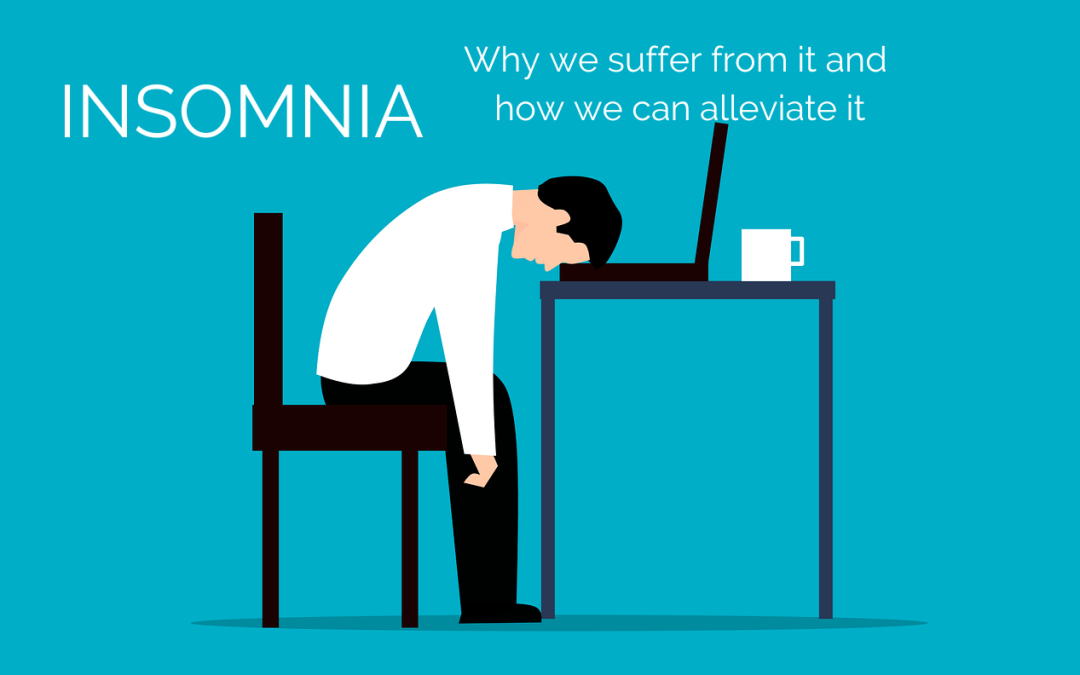
Insomnia – why we suffer from it and 6 ways to alleviate it.
Most of us have suffered from Insomnia at some point in our lives. Sleep is the foundation of our mental and physical wellbeing, we simply don’t function well without regular, healthy sleep. Understanding why we suffer from sleep disruption can help us to avoid it.

Our Response to Physical and Mental Pain
Our Response to Physical and Mental Pain Pain comes in many forms. We know pain hurts, it is unpleasant, it is subjective, it can be acute or chronic and it can be physical or mental. When we are discussing a physical pain, we are usually referring to a...

Christmas Coping Strategies
Christmas Coping Strategies ‘Tis the season to be Jolly? Not for everyone. A recent study found that half of UK adults claim Christmas is the most stressful and anxiety-inducing time of the year. 16% of those surveyed said they would rather do their tax return than...
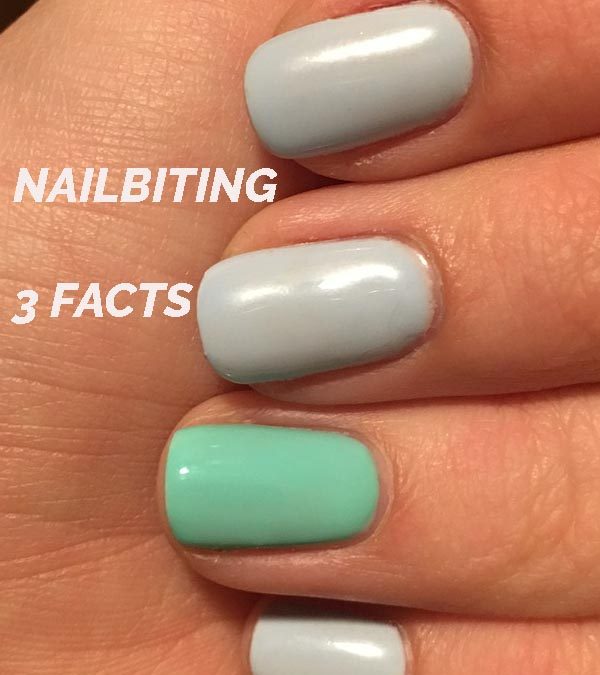
3 Facts About Nail Biting
Do you bite your nails? Around 20% of us do. Here are 3 facts about why we do it and how Old Town Hypnotherapy can help.
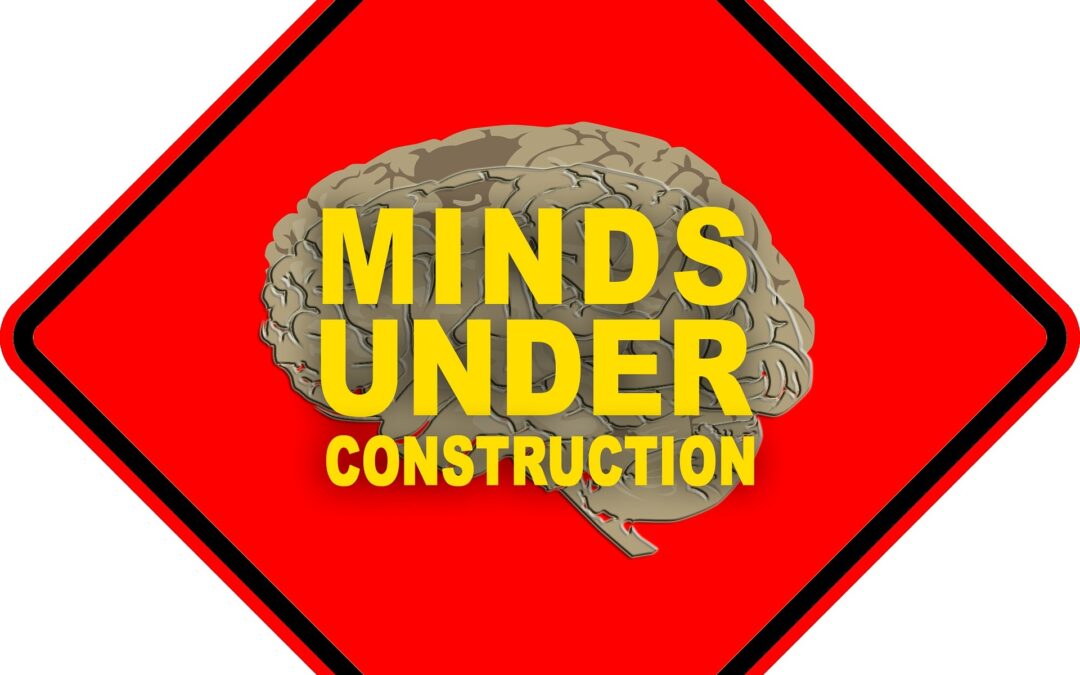
3 Ways a Teenage Brain Differs
During Adolescence the brain undergoes some big changes. Here are 3 ways it differs to an adult brain.
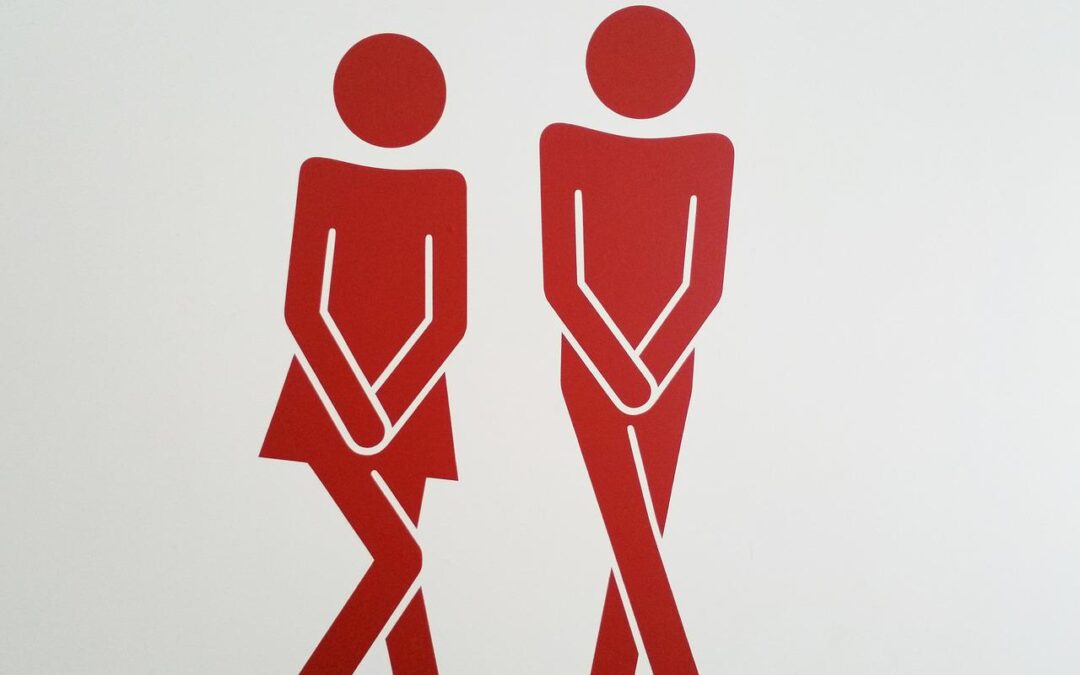
Anxiety and the Bladder
Do you suffer from an anxious bladder? Do you opt out of activities because you fear not being able to find a toilet in time? This video explores why this happens and how Hypnotherapy can help.
Disclaimer | Privacy Policy | Terms and Conditions
Copyright © OLD TOWN HYPNOTHERAPY 2016 All Rights Reserved

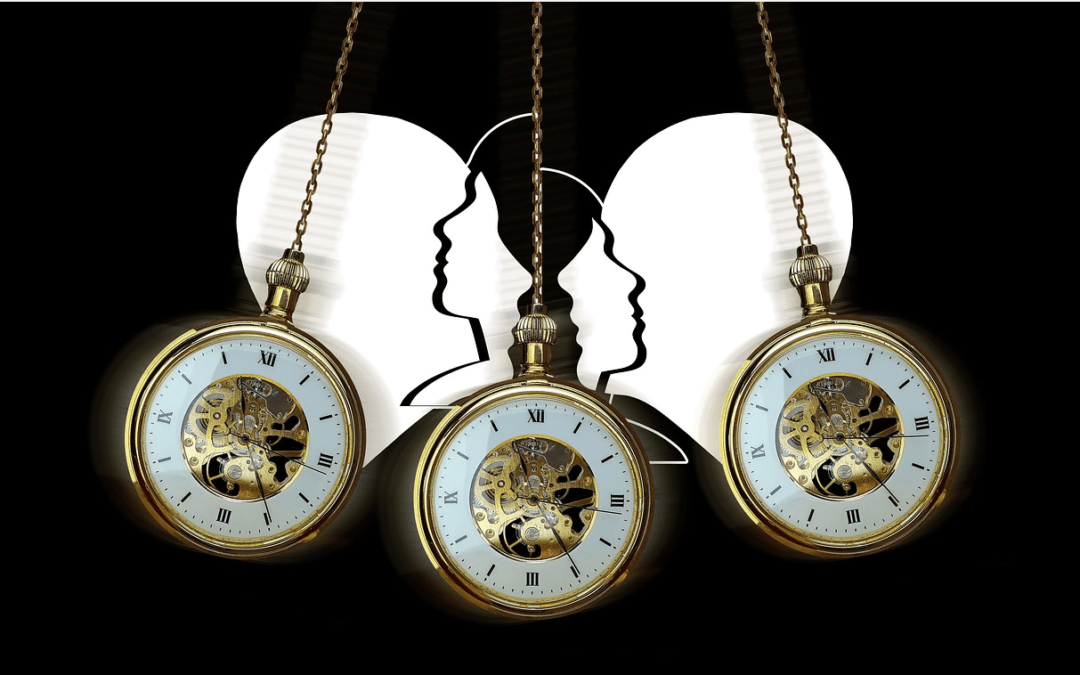
hypnotists don’t control your actions. The very foundation of hypnosis is based on the consent and voluntary participation of the patient. Hence, you can’t and won’t be persuaded against your will to do things you don’t want to.